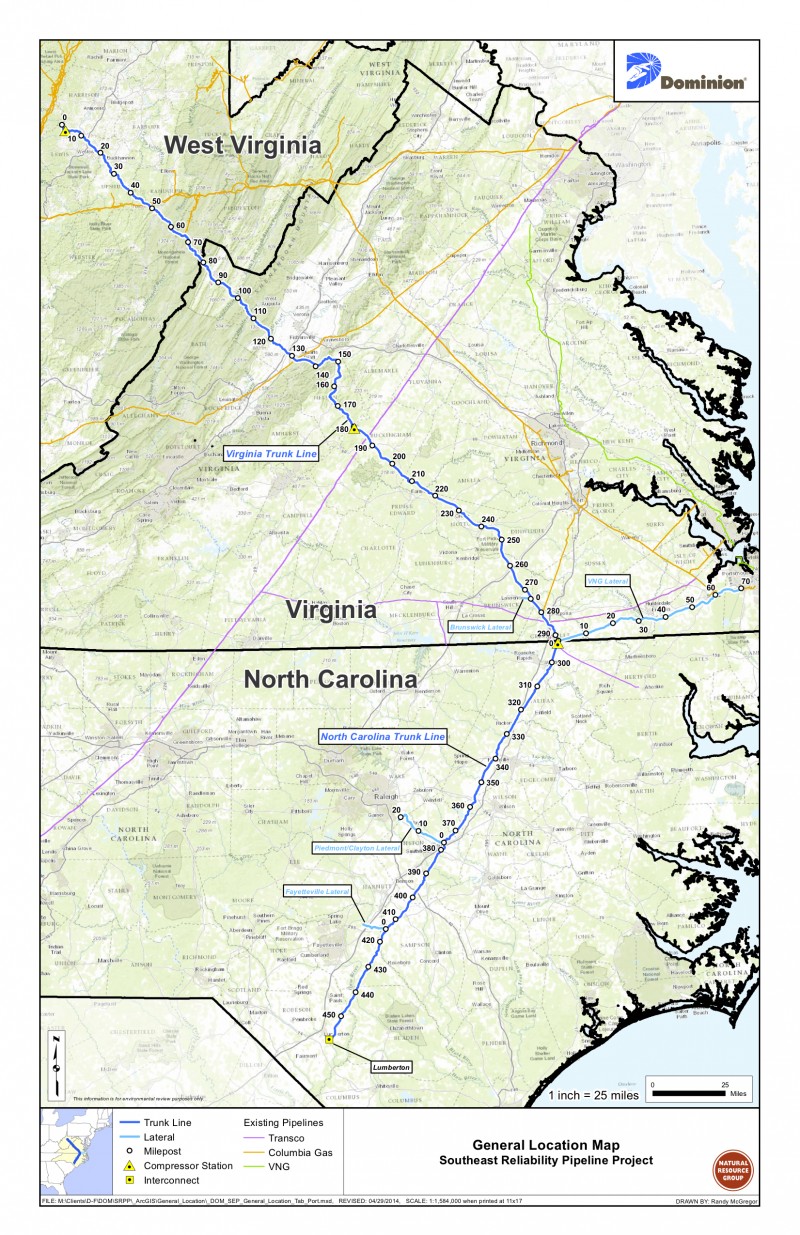MOUNT CARBON, W.Va. (AP) — Fires burned for hours Tuesday after a train carrying 109 tankers of crude oil derailed in a snowstorm alongside a creek in West Virginia, sending fireballs into the sky and threatening the water supply of people living nearby.
Hundreds of families were evacuated and two water treatment plants were shut down after dozens of the cars left the tracks and 19 caught fire Monday afternoon, creating shuddering explosions and intense heat. Part of the formation hit and set fire to a house, and one person was treated for smoke inhalation, but no other injuries were reported, according to a statement from the train company, CSX.
“It was a little scary. It was like an atomic bomb went off,” said David McClung, who felt the heat from one of the shuddering explosions at his home about a half mile uphill. One of the explosions sent a fireball at least 300 feet into the air, McClung added.
Fire crews had little choice Tuesday but to let the tanks — each carrying up to 30,000 gallons of crude — burn themselves out.
The train was carrying volatile Bakken crude from North Dakota’s shale fields to an oil shipping depot in Yorktown, Virginia, using model 1232 tank cars, which include safety upgrades voluntarily adopted by the industry four years ago, the Federal Railroad Administration confirmed.
However, a series of ruptures and fires in recent derailments involving model 1232 cars has the National Transportation Safety Board questioning their safety as well, and the Department of Transportation has drafted new standards being reviewed by the White House budget office.
View gallery

A CSX Corp train burns after derailment in Mount Carbon, West Virginia pictured across the Kanawha R …
The West Virginia National Guard was taking water samples to determine whether the oil had seeped into Armstrong Creek, a tributary of the Kanawha River. So far, “we haven’t been able to determine how much, if any, crude oil made it into the river,” but there were no reports of a sheen so far, state Environmental Protection spokeswoman Kelley Gillenwater said.
CSX contractors also were monitoring the air for pollution linked to the fires, and federal railroad and hazardous materials officials were probing the accident, which prompted Gov. Earl Ray Tomblin to declare a state of emergency.
All but two of the 109 cars being hauled were tanker cars, and 26 of them left the tracks, the governor’s spokesman Chris Stadelman said.
The ongoing fires prevented state regulators from getting close enough to fully assess the damage early Tuesday, but by 10 a.m., Appalachian Power crews were given clearance to repair a line supplying electricity to about 900 customers.
Snow was falling heavily Monday — as much as 7 inches in some places — but it’s not clear if the weather had anything to do with the derailment, which happened about 1:20 p.m. along a straight stretch of rail about 30 miles southeast of Charleston.
And contrary to initial reports by responders at the scene, none of the tankers went into the water, state public safety division spokesman Larry Messina said early Tuesday.
West Virginia American Water shut down a water treatment plant about 3 miles downstream from the accident site, spokesman Laura Jordan said. Another water plant downstream in the town of Cedar Grove also closed its intake but later resumed operations, Messina said.
The lack of water forced West Virginia University Tech in nearby Montgomery to cancel classes for the rest of the week.
About 85 displaced residents went to shelters set up by CSX and the American Red Cross, Messina said.
The U.S. Transportation Department is weighing tougher safety regulations for rail shipments of crude, which can ignite and result in huge fireballs. Responding to a series of fiery train crashes, including one this spring in Lynchburg, Virginia, the government proposed rules in July that would phase out tens of thousands of older tank cars that carry increasing quantities of crude oil and other highly flammable liquids.
—
Contributors include Pam Ramsey in Charleston, West Virginia; and Joan Lowy in Washington, D.C. Mattise reported from Charleston.
 Friday Sep 9- #NODAPL #supportstandingrocksioux #waterislife#indigenousvoices
Friday Sep 9- #NODAPL #supportstandingrocksioux #waterislife#indigenousvoices










You must be logged in to post a comment.